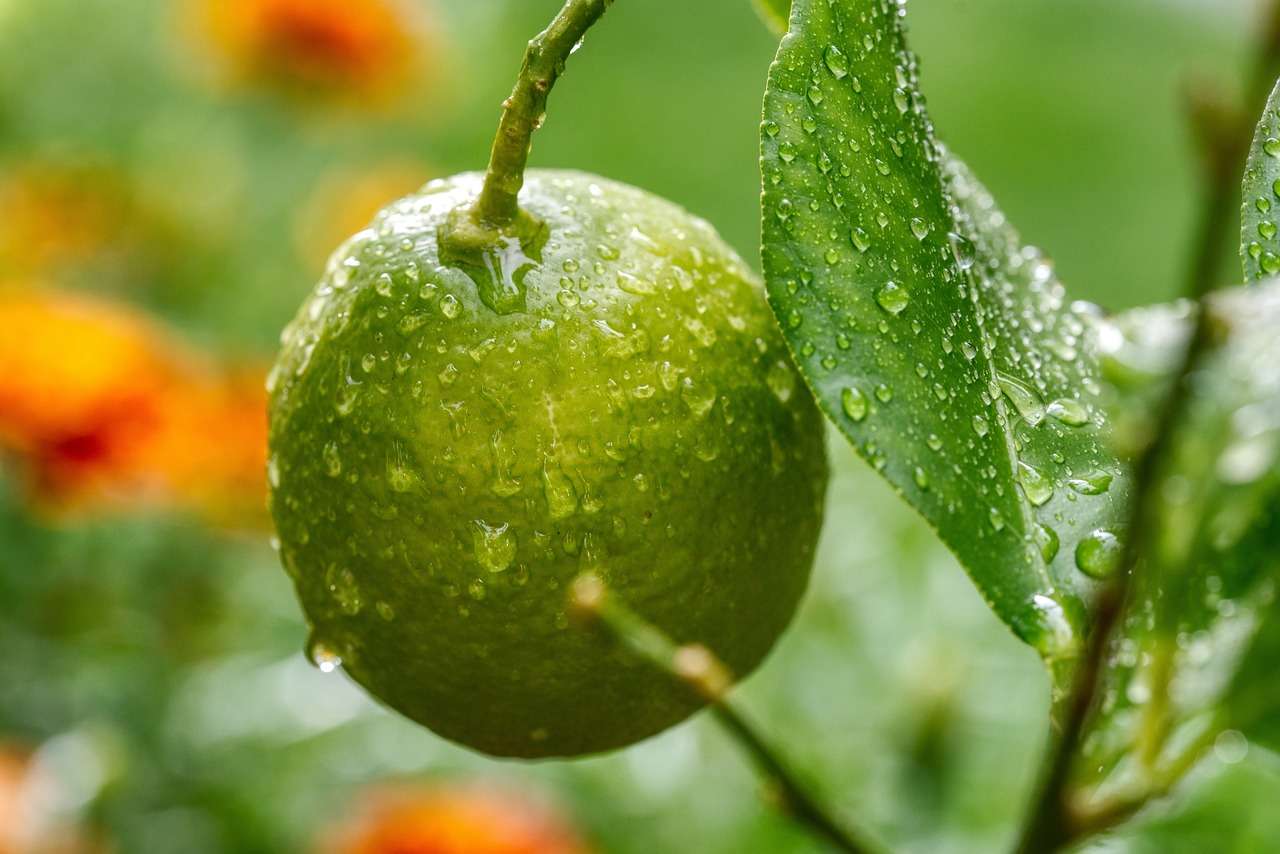Image Credit Pixabay
People who are allergic to citrus fruit peels may develop contact dermatitis if they come into contact with the peel. Citrus fruit allergy is frequently coupled with pollinosis and sensitivity to other plants due to a process known as cross-reactivity.
Citrus allergy is a relatively uncommon condition, but it can cause allergic reactions in some individuals. The symptoms of a citrus allergy can vary in severity and may include:
- Skin reactions: This can manifest as redness, itching, or hives on the skin.
- Gastrointestinal symptoms: Some people may experience stomach cramps, nausea, vomiting, or diarrhea.
- Respiratory symptoms: These can include sneezing, runny nose, nasal congestion, coughing, wheezing, or shortness of breath.
- Swelling: Swelling of the lips, tongue, face, or throat can occur, which can be particularly concerning as it may lead to difficulty breathing.
In severe cases, citrus allergies can cause anaphylaxis, a life-threatening allergic reaction that requires immediate medical attention.
If you suspect a citrus allergy, it's important to consult with an allergist for proper testing and diagnosis. They may conduct skin prick tests, blood tests, or oral food challenges to determine the specific allergen causing the reaction.
As for avoiding foods that contain citrus, it's crucial to be vigilant about reading food labels, as citrus fruits and their derivatives can be present in various products. Foods to be cautious of include:
- Citrus fruits: Oranges, lemons, limes, grapefruits, and tangerines.
- Citrus juices: Orange juice, lemonade, limeade, and grapefruit juice.
- Fruit-flavored foods: Some processed foods, candies, and desserts may contain citrus flavorings.
- Condiments and dressings: Citrus is often used in sauces, salad dressings, and marinades.
- Baked goods: Citrus zest or extracts can be found in some baked goods.
- Beverages: Citrus may be present in certain sodas, cocktails, or flavored water.
It's essential to communicate your allergy to restaurant staff and be cautious when dining out, as citrus can be an unexpected ingredient in various dishes.

If you suspect an allergic reaction, seek immediate medical attention. If you have been prescribed an epinephrine auto-injector (such as an EpiPen), use it as directed and seek emergency medical help. It's also advisable to wear a medical alert bracelet indicating your citrus allergy.
Remember, the information provided here is for general guidance, and individual cases may vary. Always consult with a healthcare professional for personalized advice based on your specific situation.
Is citrus bad for allergies?
Citric acid is not an allergy, however it can irritate the skin and mouth and induce stomach discomfort. However, citric acid does not elicit an immunological response. Although many people may be sensitive to this chemical, it is not considered an allergy.
What fruits are bad for allergies?
Triggers. Although not everyone with a pollen allergy suffers PFAS after eating the following foods, they are often connected with these allergens: Birch pollen can be found in apple, almond, carrot, celery, cherry, hazelnut, kiwi, peach, pear, and plum. Celery, melons, oranges, peaches, and tomatoes contain grass pollen.
News, Health, Travel & Entertainment Telegram Channel Click to Join Infimor
KK
